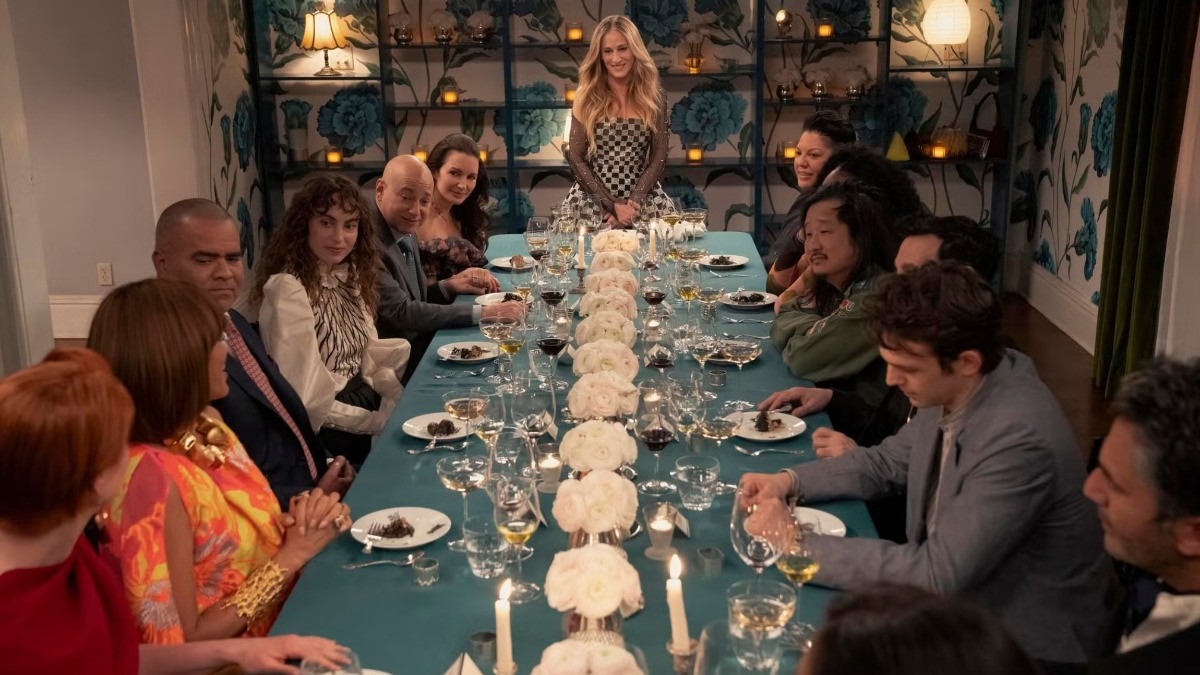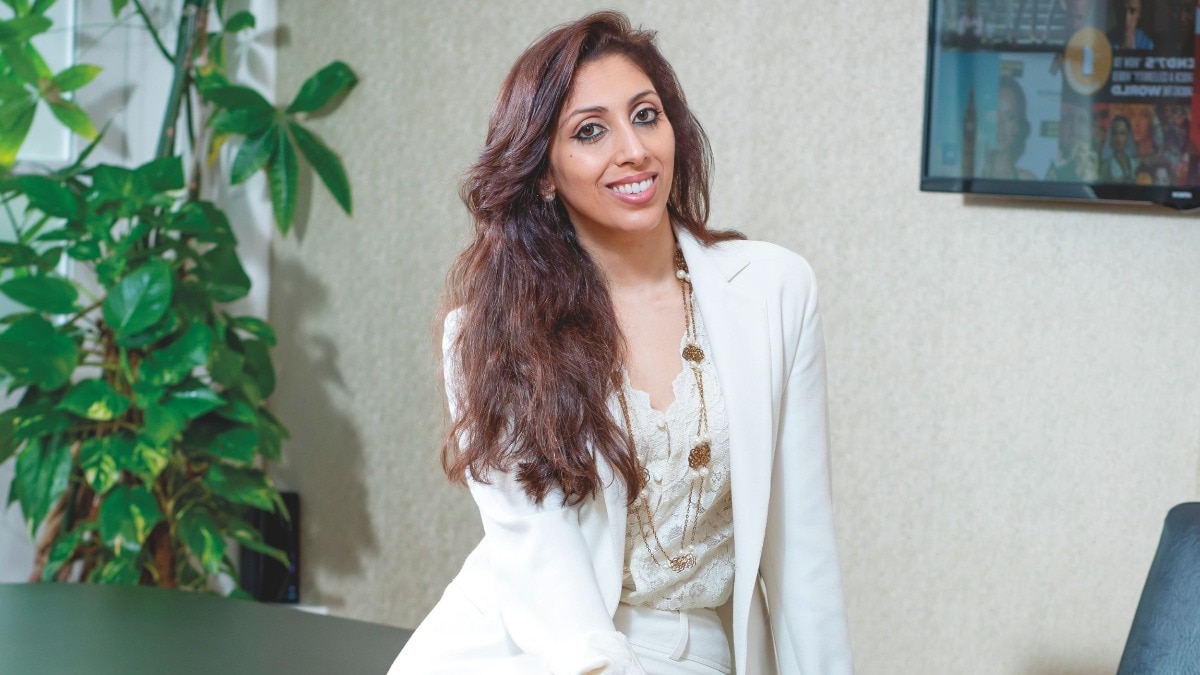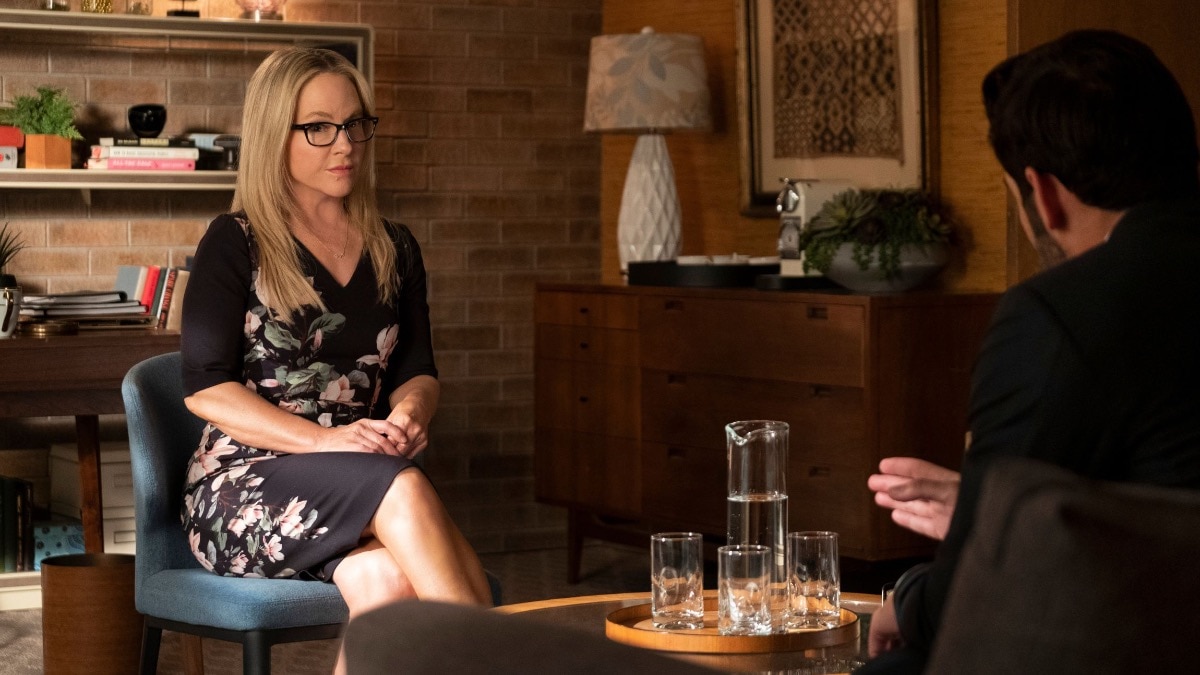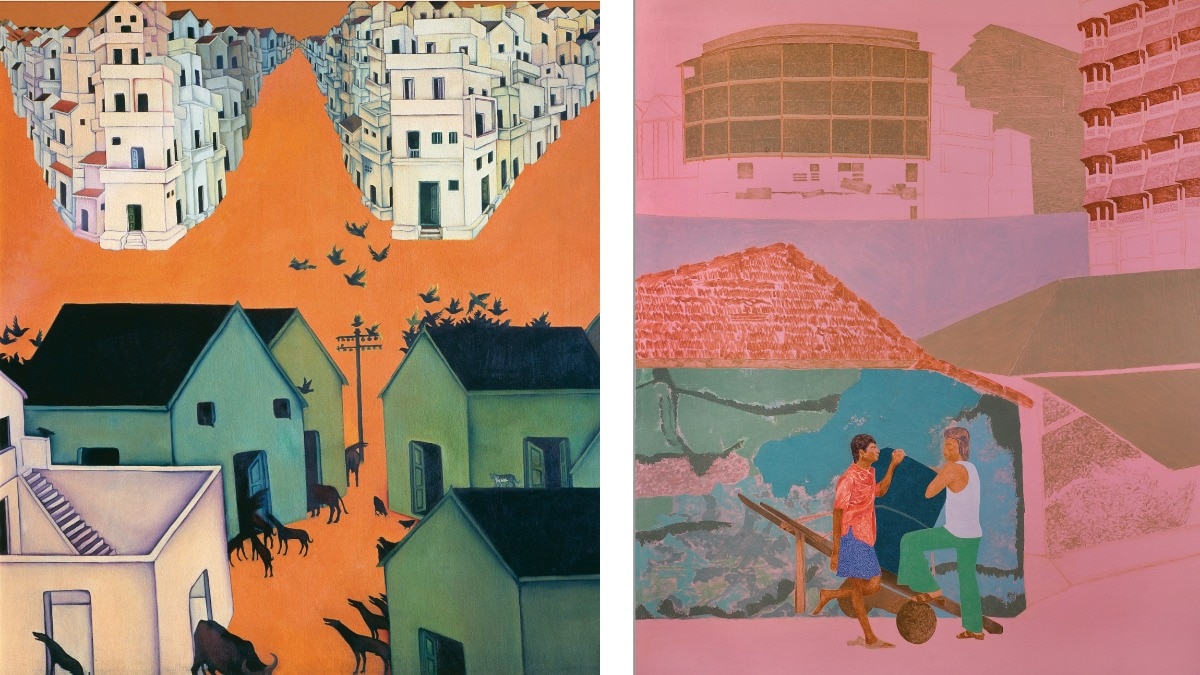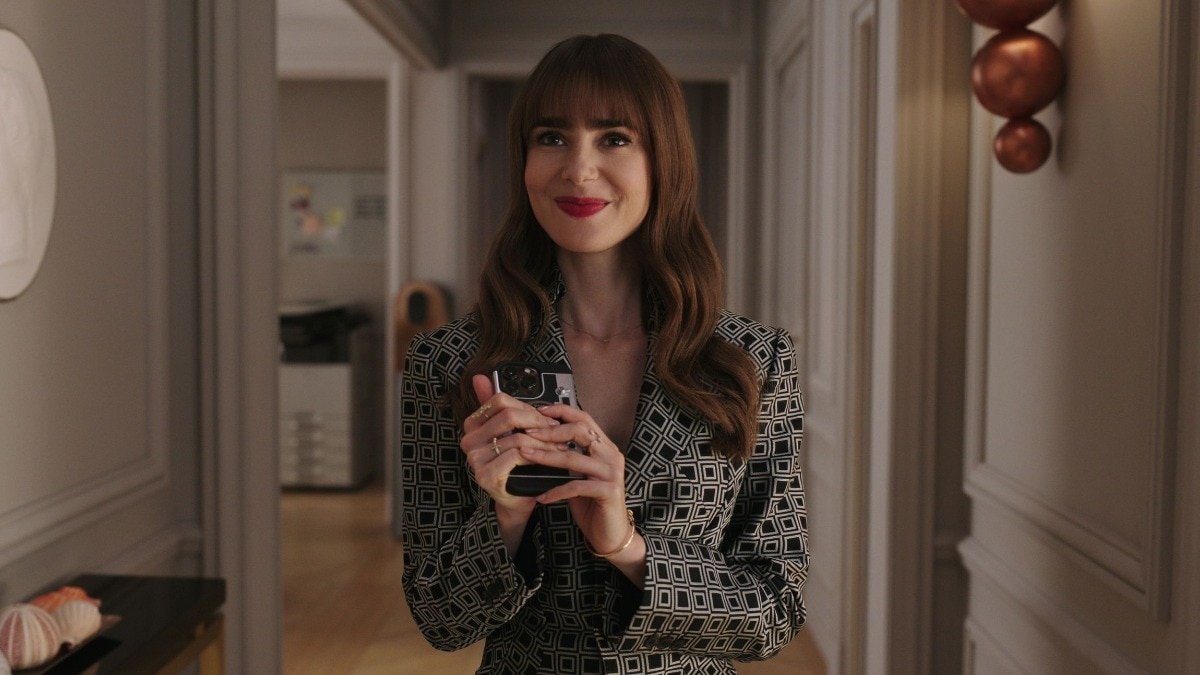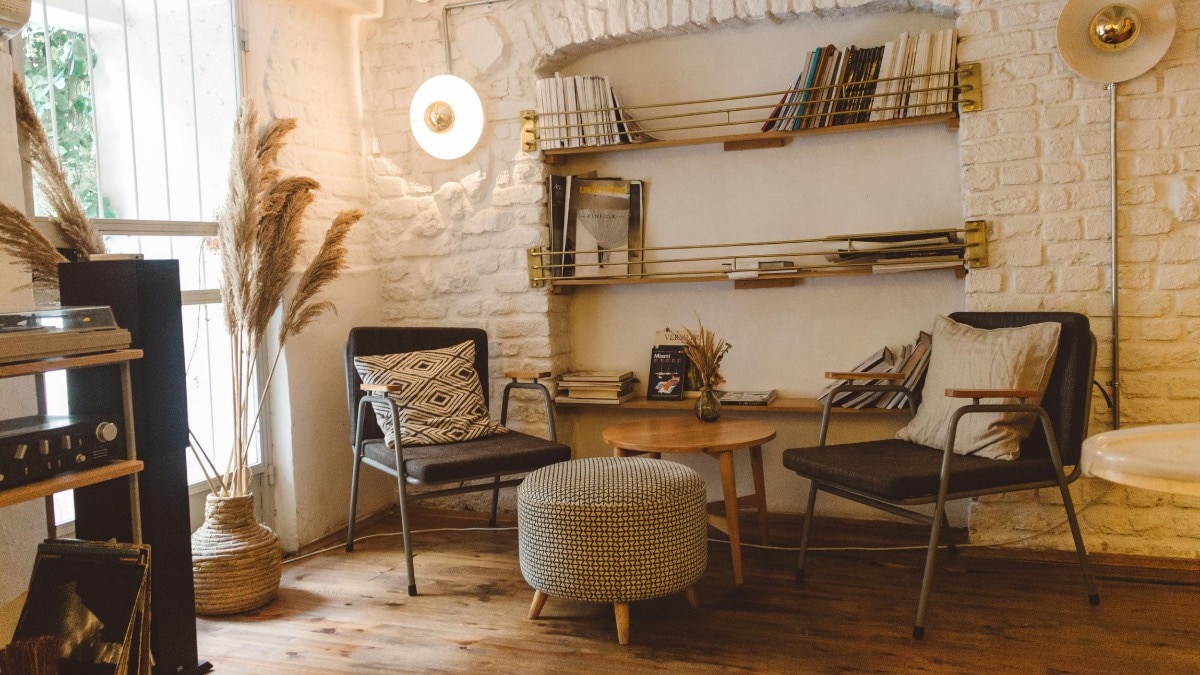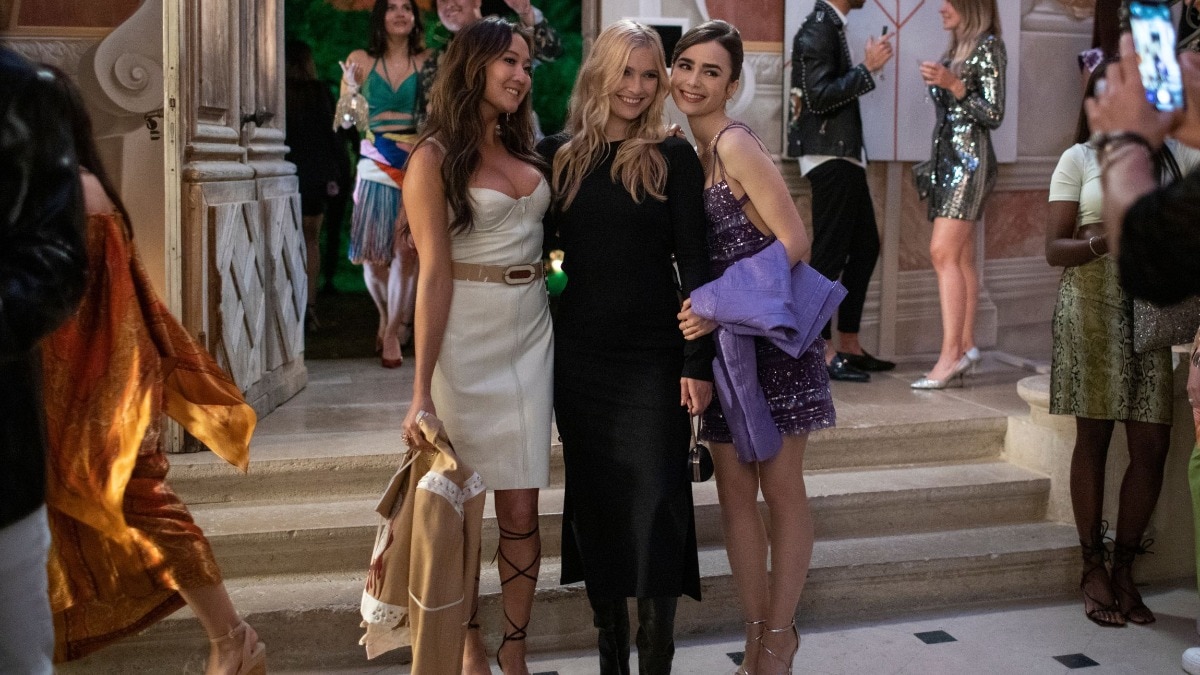
Four women leaders on navigating gender biases and discrimination in their fields
Hailing from distinct professions, Abha Narain Lambah, Ragini Das, Ruchika Sachdeva, and Pallavi Barnwall talk to Bazaar India about pushing boundaries and challenging stereotypes.


In a world where societal norms often dictate roles and expectations, there are exceptional women who defy conventions and reshape industries. These pioneers challenge stereotypes, pave new paths, and inspire others with their remarkable journeys. From architectural conservation to community-building, from fashion entrepreneurship to sexual wellness advocacy, these women lead by example, proving that determination and resilience know no bounds. Let's delve into the stories of Abha Narain Lambah, Ragini Das, Ruchika Sachdeva, and Pallavi Barnwall as they navigate through challenges, shatter glass ceilings, and leave an indelible mark on their respective fields.
Abha Narain Lambah

Abha Narain Lambah’s journey in architectural conservation began three decades ago, when she graduated from the School of Planning and Architecture (SPA), Delhi. As someone who has been instrumental in giving a new lease of life to multiple historic buildings, including the Bikaner House (Delhi) and David Sassoon Library and Reading Room (Mumbai), she gained confidence to have a seat at the table during her days at the institute.
While the gender ratio in her classroom was heavily skewed, the environment was rather liberal—which is what broadened her mind at a young age.
“The girls to boys ratio was miserable; it was probably 1:10. But we also had a co-ed hostel with no warden; there were no questions asked. It opened up my mind that there can be an equal world,” she recalls.
Like every architecture course, her reading list included Ayn Rand’s Fountainhead. Here, the central protagonist is a tall, strapping and masculine architect—Howard Roark—who defies conventional norms of the trade.
Abha remembers asking herself why couldn’t Roark be a woman? “I think that’s why I chose to initiate a women-led practice. I also chose not to marry an architect. Defying each of these norms was a conscious decision,” she reiterates.
In her practice, she has always pushed her boundaries, and never let being a ‘woman’ get in the way of her dreams. Most architects begin their journey with residential or interior projects; Abha’s first was an urban streetscape project of Dadabhai Naoroji road in Mumbai.
“I have worked at sites and remote villages—even at an altitude of 11,000 feet in Ladakh. I have worked on a site in a village in Anegundi—the only way to get there was through a bamboo coracle on the Tungabhadra river (in Karnataka),” she tells Bazaar India.
While discrimination against women is rather common Abha doesn’t have any heartbreaking stories to share where men are the ‘villains’. In her opinion, sometimes, the worst enemy for women architects are women themselves.
“Most women stop working by themselves. They get married or have a child, and they impose societal restrictions on themselves, or they feel they will fail or people will judge them,” she mentions.
“It all starts with leading by example. If I can normalise bringing my child to work, other employees will also feel comfortable doing that. We have nothing to be embarrassed about,” continues Abha.
What’s her advice to the women architects of tomorrow? “Be bindaas. It’s okay if you have a bad hair day or a kid to look after. There’s no need to be apologetic about it.
Ragini Das

Community, solidarity, friendship, safety, and growth—one would think these are arbitrary words that don’t have much to do with one’s professional growth and a dynamic career arc. But as Ragini Das—the co-founder of leap.club, an exclusive members-only community for women—met more and more women who were driven to make a safe space for themselves, she learnt that networking wasn’t about clumsy handshakes, awkward small talk, and constant one-upmanship.
“It’s a conversation, a connection, and a community that leaves you feeling stronger and longing for more,” she reveals. In Ragini’s words, leap.club is a revolution with a mission of having more women in leadership roles. During their initial days of research while attempting to find out what people do for their professional growth—irrespective of gender, age groups, and sectors—one of the observations was how passionately women spoke about the lack of a solid network that has their back.
Of course, the path was not all that easy. Besides not being ‘VC-friendly’, Ragini and her co-founder Anand Sinha had no playbook on paid communities for women. But their rock-solid conviction that this was needed in the world was enough to sail them through all storms.
“From people telling us ‘women won’t invest in their professional growth’ or that ‘paid communities don’t scale in a market like India’—we have a community of 25,000 ambitious women (and growing) as paid members, in less than four years. We’re so glad to have decided to back our vision, and pivot every time there was a curveball thrown our way,” Ragini tells Bazaar India.
Since they began bang in the middle of the Covid-19 pandemic, the duo made several pivots in the journey—from being an originally offline community to an online network, besides six pricing pivots to find their sweet spot, and more.
However, Ragini believes one can’t control everything, but can certainly decide how to deal with it. “Push yourself back up, and keep running. Don’t be afraid to question anything ‘inside the box’—remember, you signed up for all of it,” quips the co-founder of leap.club.
In a world where gender-based prejudices continue to plague the lives of women, she tackles it head on by calling such people out and holding them accountable. It’s always easy to let it go and “not get into it”, but she believes in calling a spade a spade. She has a piece of advice for women who want to venture into entrepreneurship. “Don’t be afraid to fail and show up every single day. Build yourself a solid support system and a sound advisory board. Invest in your personal and professional growth, beyond just working hard at your job. And ask for help more often.”
Ruchika Sachdeva

Bodice, a homegrown fashion house under the creative vision of Ruchika Sachdeva was born out of a need—to provide women with an empowering wardrobe that allowed them to feel professional and celebrate their femininity.
“I started the brand in 2011 when the number of women, who had other responsibilities besides managing a house, was growing. There were more of them stepping out to work. I felt there was a huge gap in the market—with no option they could wear, to take them through their diverse and expanding lifestyle,” she recalls.
Back then, designer stores didn’t have much to offer, except wedding wear or evening cocktail outfits. There was nothing else available, since the assumption was that women weren’t doing anything significant for a designer wardrobe to be catered to
. “There was no demand or supply. When I started Bodice, it just exploded from there. I think there were so many women that related to that kind of need, who wholeheartedly accepted and celebrated our brand,” Ruchika tells Bazaar India.
The journey was fraught with challenges, the biggest being the absence of a retail platform for such garments. At the same time, it was also a risk for stores to keep the product, not knowing if anyone would buy it.
“That has changed a lot over time, because there’s a lot more people making similar products, which has expanded the market. Besides, it’s a creative field, and it’s always a challenge to balance the creative and business side of things. That remains till date—you have to split your energies,” Ruchika admits.
In her journey, she has been fortunate to be surrounded by supportive people. It could be because the fashion industry is more accepting, or since she’s in a privileged position to run her own brand. “However, when you step out of your sweet bubble, you could face some challenges when it comes to things like real estate. Age and gender could play a certain role—but I have never really had it that bad. Maybe I am in denial or oblivious to it; or it could be that being a woman in Delhi, these things don’t hit you so hard. You deal with it like second nature,” says Ruchika.
Every industry is competitive, which is why she believes if someone is passionate about making a difference in the fashion space—nothing should stop them from giving it a shot. “There are several problems in the industry that are waiting to be solved, whether it’s in the environmental, social or on the inventory front. Also, the lines are blurring—you are not just a fashion designer anymore. It’s more nuanced than just straightforward today."
Pallavi Barnwal

Pallavi Barnwal was barely seven when her parents separated as a result of infidelity. At a young age, she was subjected to judgement from relatives and neighbours who were inquisitive to know all the inside details.
“I think from that point onwards, I had no family honour to protect. Many people try to maintain an image before society. While I was growing up, I was who I was,” she recalls.
During her college years, Pallavi had her fair share of relationships, but in each of them, she did not assert her choice in the bedroom—it was always the man making the decisions. However, she admits to having no knowledge about her pleasure, and believed what was depicted in adult films was true.
“I started writing about my sexual experiences anonymously on Facebook. The blog got huge traction, and people began writing to me anonymously about what they faced sexually, their challenges, and their desires, and how they were so fearful of being discovered. Later, I enrolled in a sex therapy curriculum course and through that experience, began creating content on social media, wrote blogs, and penned articles for news sites,” Pallavi tells Bazaar India.
Over the last few years, Pallavi has successfully broken the glass ceiling by challenging stereotypes around sex—of it being shameful, dirty, sinful, and embarrassing. “We lack healthy, informed discussions around sex. We lack role models around sex. I recently did a kissing video with my husband where he and I kissed mouth to mouth for a long time. I wanted to show that couples can engage in healthy physical intimacy,” she reiterates.
As a woman speaking openly about sex, it’s quite obvious for her to face challenges in a society like India where such subjects continue to be taboo. But it was most heartbreaking when her relatives advised their kids—her cousin sisters and brothers—to stay away from Pallavi, for being a bad influence on them. There were others too who left no opportunity to humiliate her.
“At the early stage of my career, it was quite hard. I was self-employed and had a difficult time, especially as a single mother. I initiated a crowdfunding campaign and got some money for survival. Later, I raised some funding by myself—that’s because while sex is an important subject, the only practitioners are in hospitals. There are sexologists and doctors but we also need educators and counsellors who specialise in sexuality,” she advises.
Pallavi believes there’s huge scope for sex educators today, however, the challenge of setting up the practice on their own, remains. “There is no institution that supports sex educators, when it comes to research or their profession. Fortunately, with the reach of social media, there are many influencers doing their independent work, who are quite successful.”
Photo credit for Abha Narain Lambah: Anand Wahane
Photo credit for Ruchika Sachdeva: Disha Patil
Also Read: How GenZers can strengthen their intuition to make better decisions
Also Read: How small symbols worn by celebrities turn up the volume on “power dressing”

